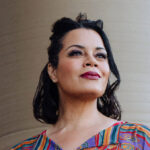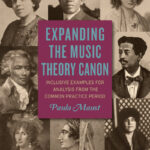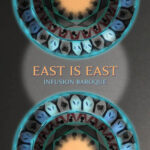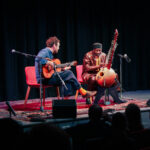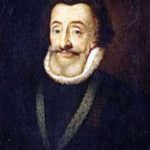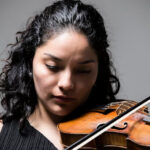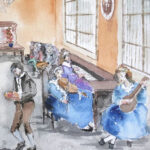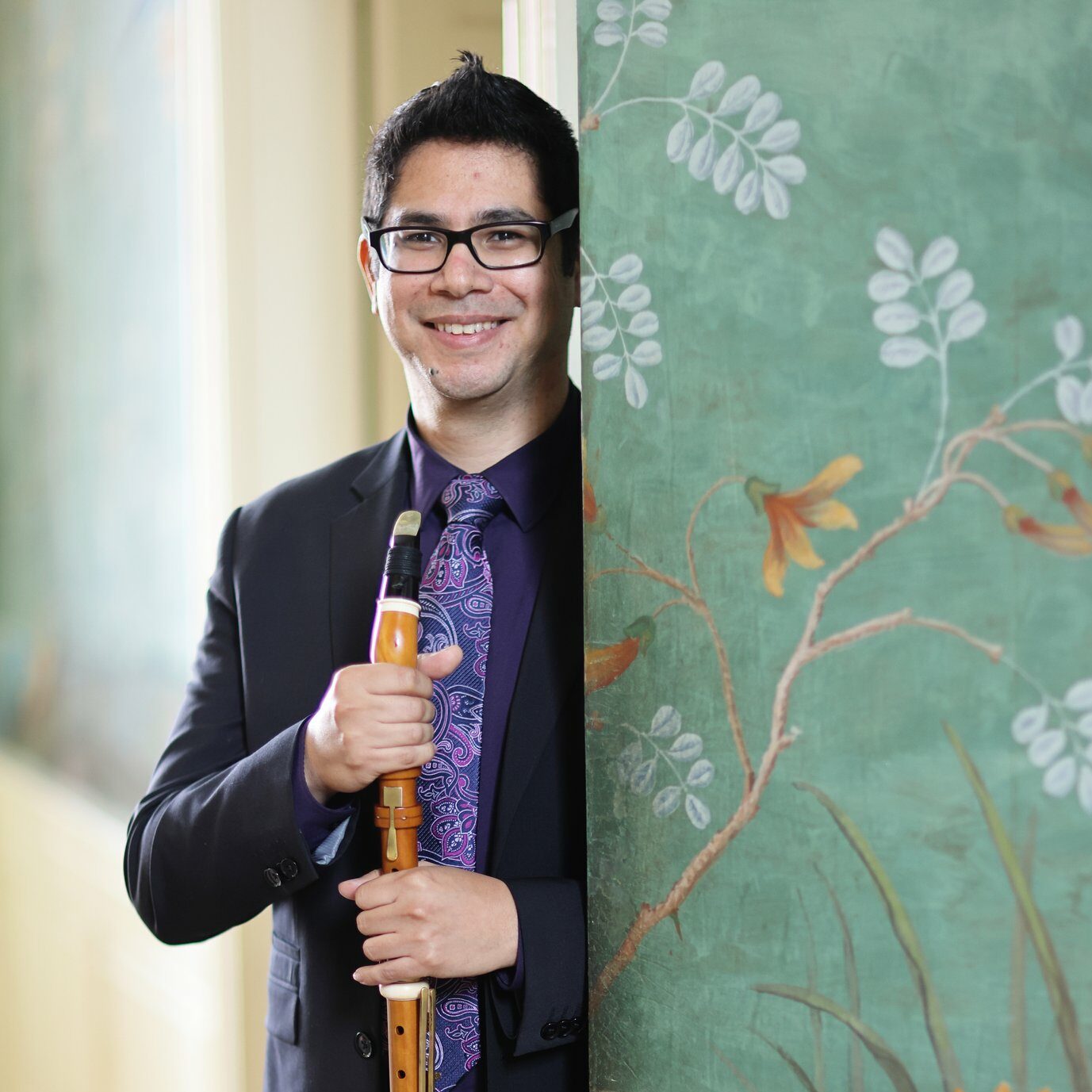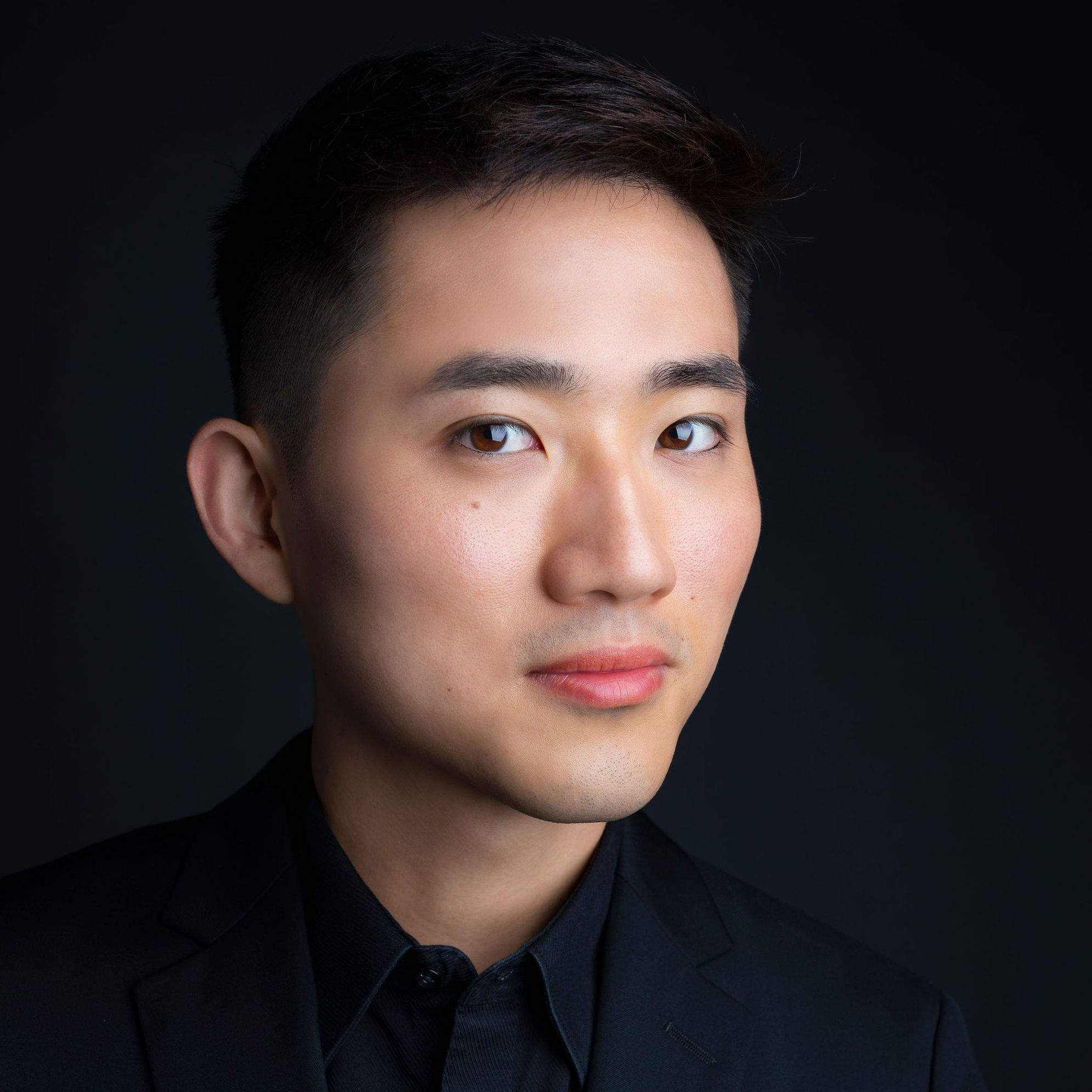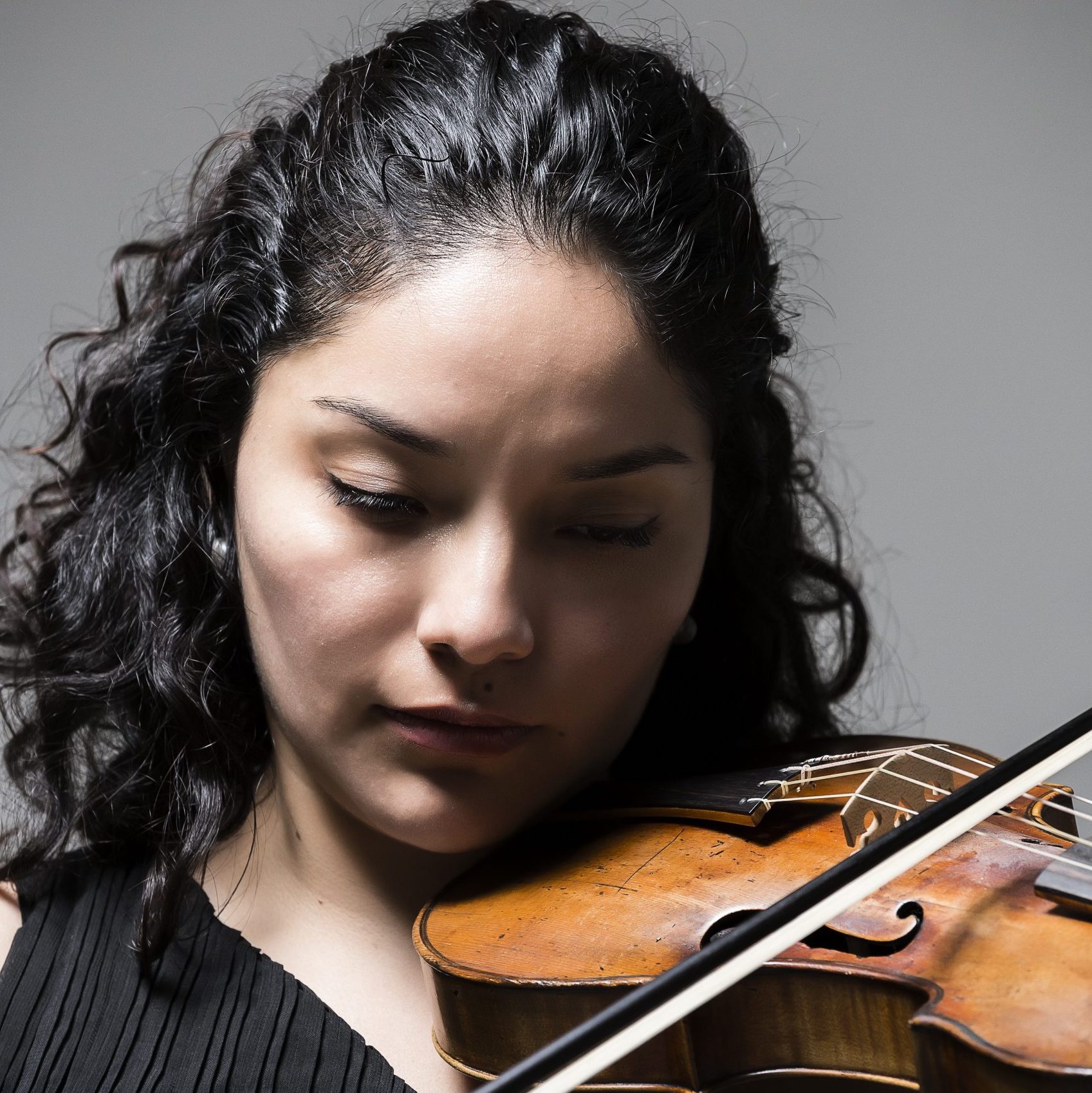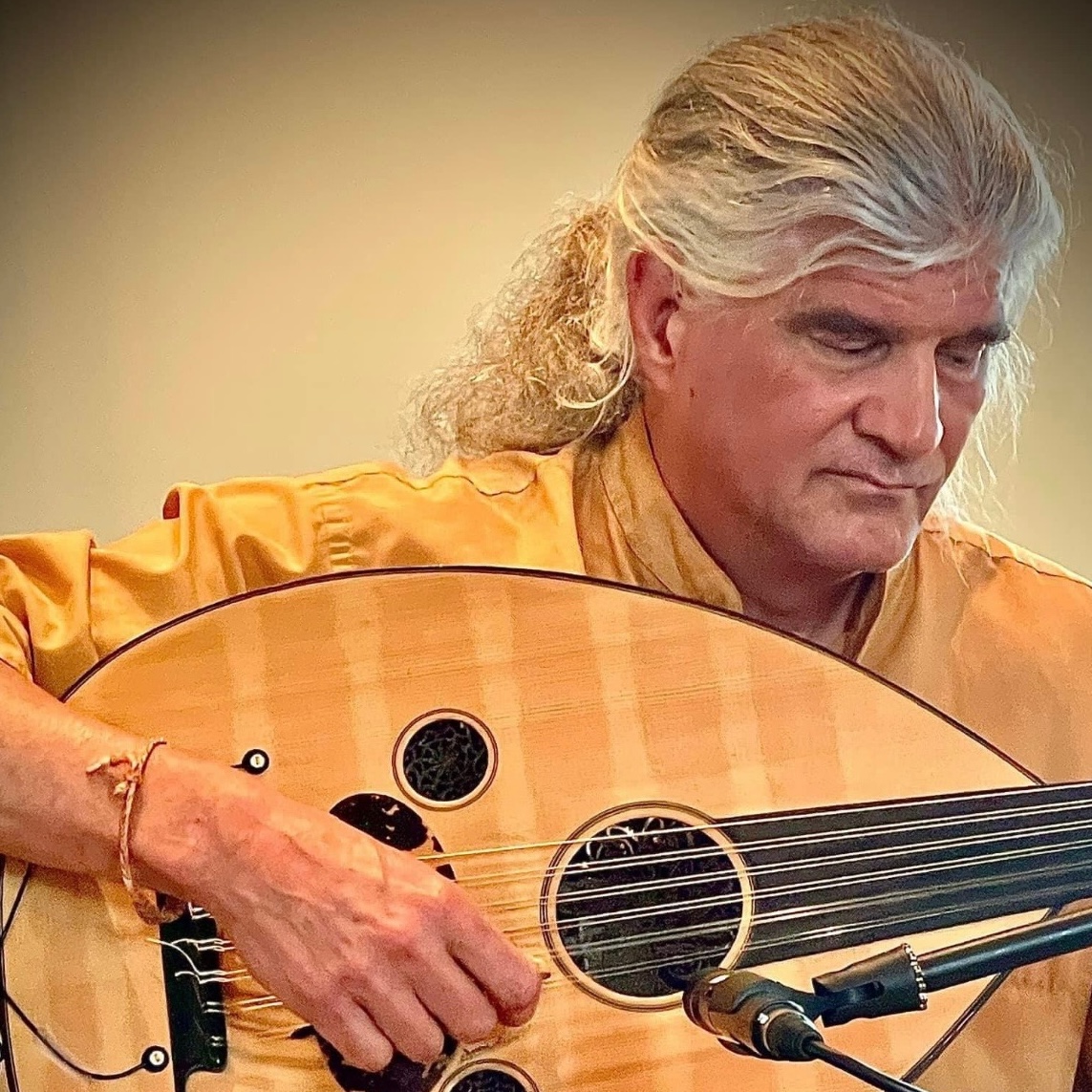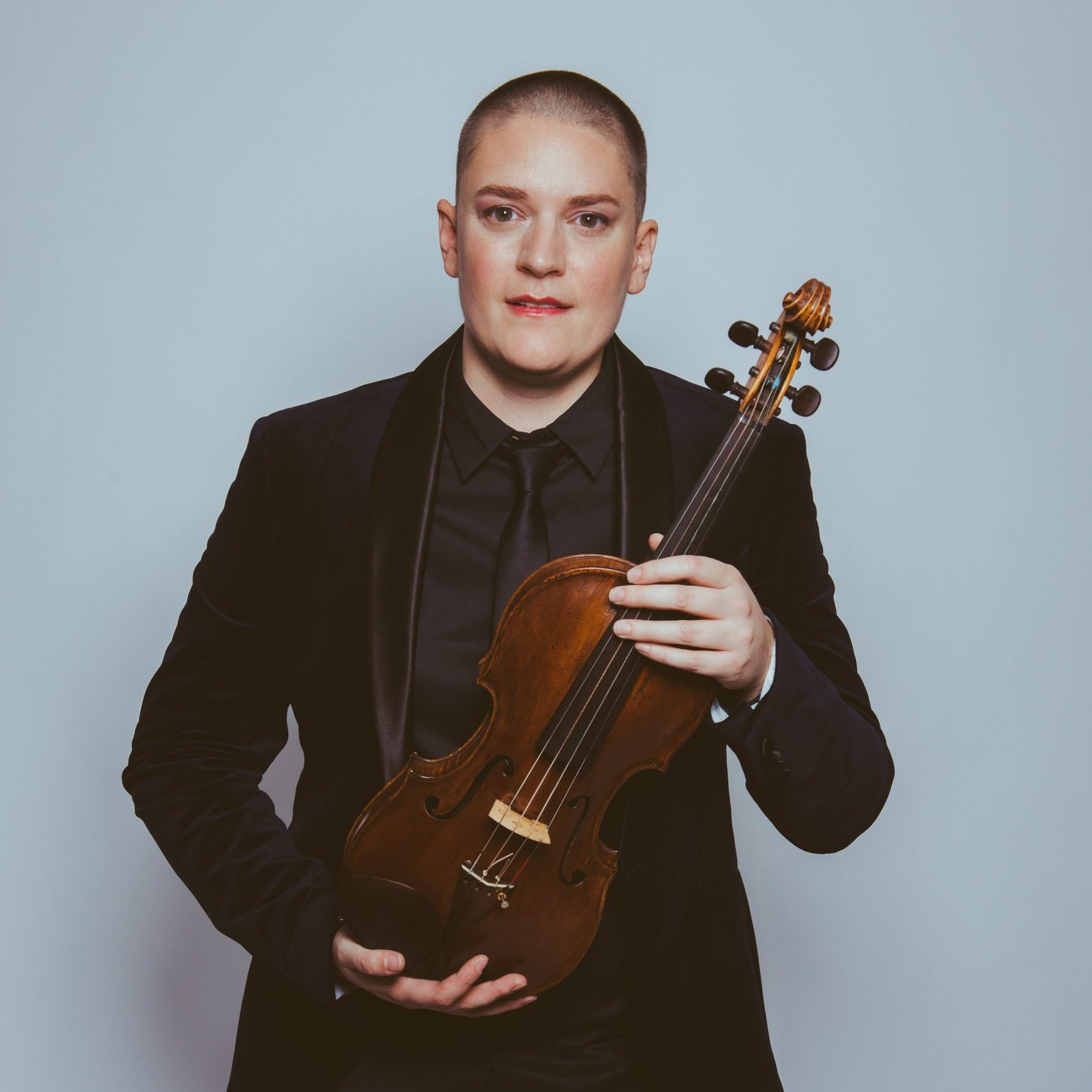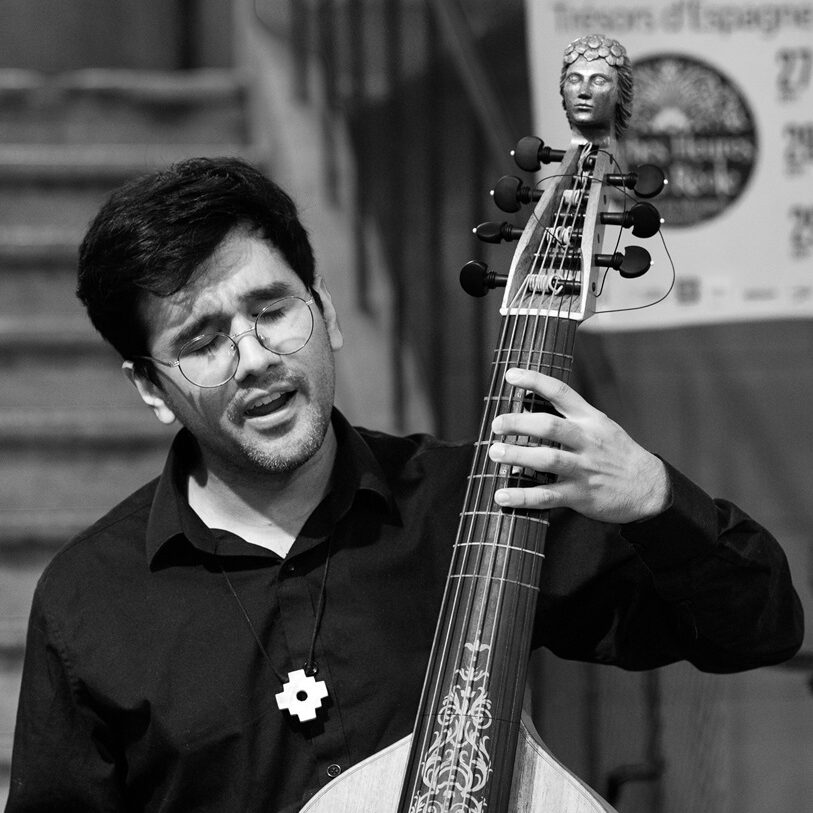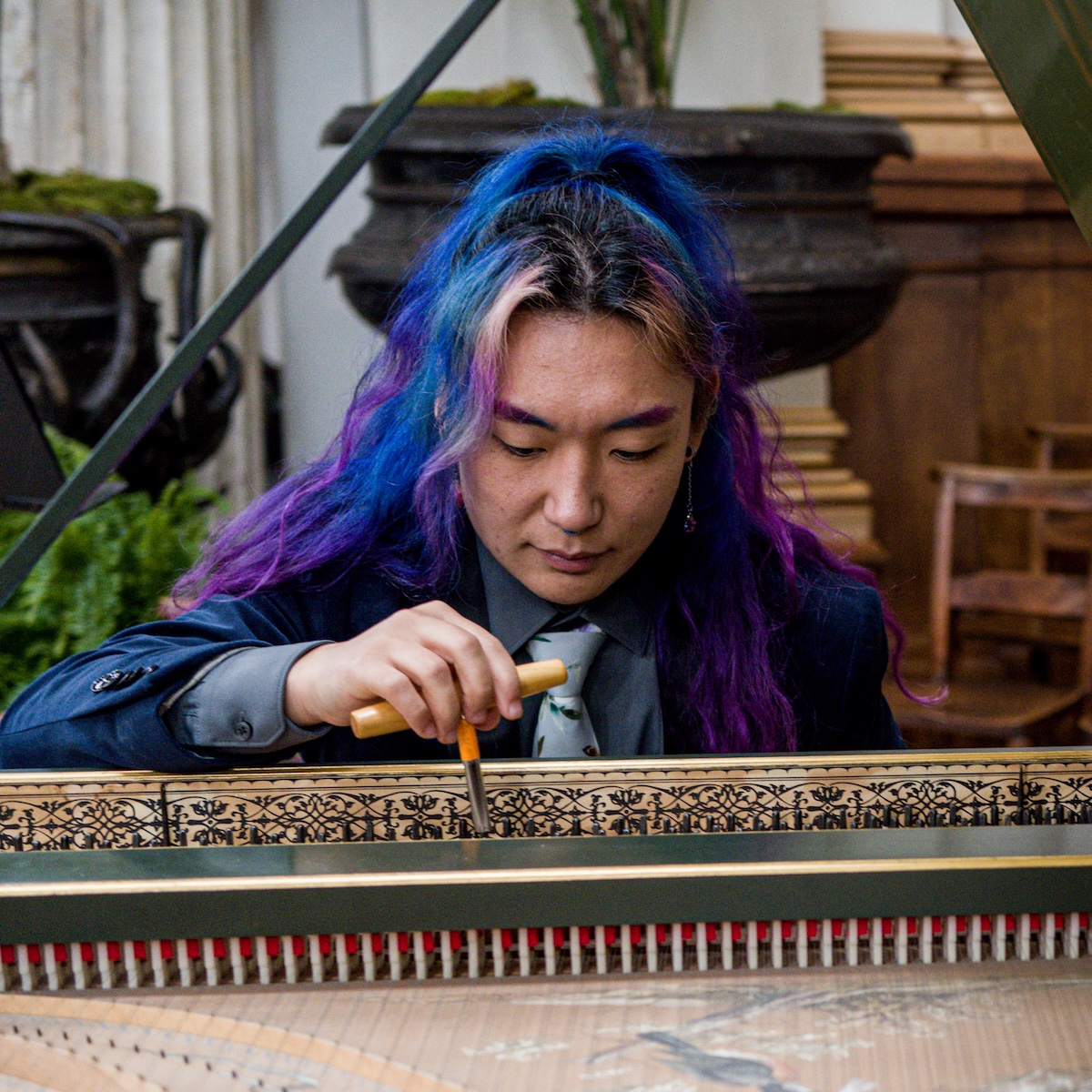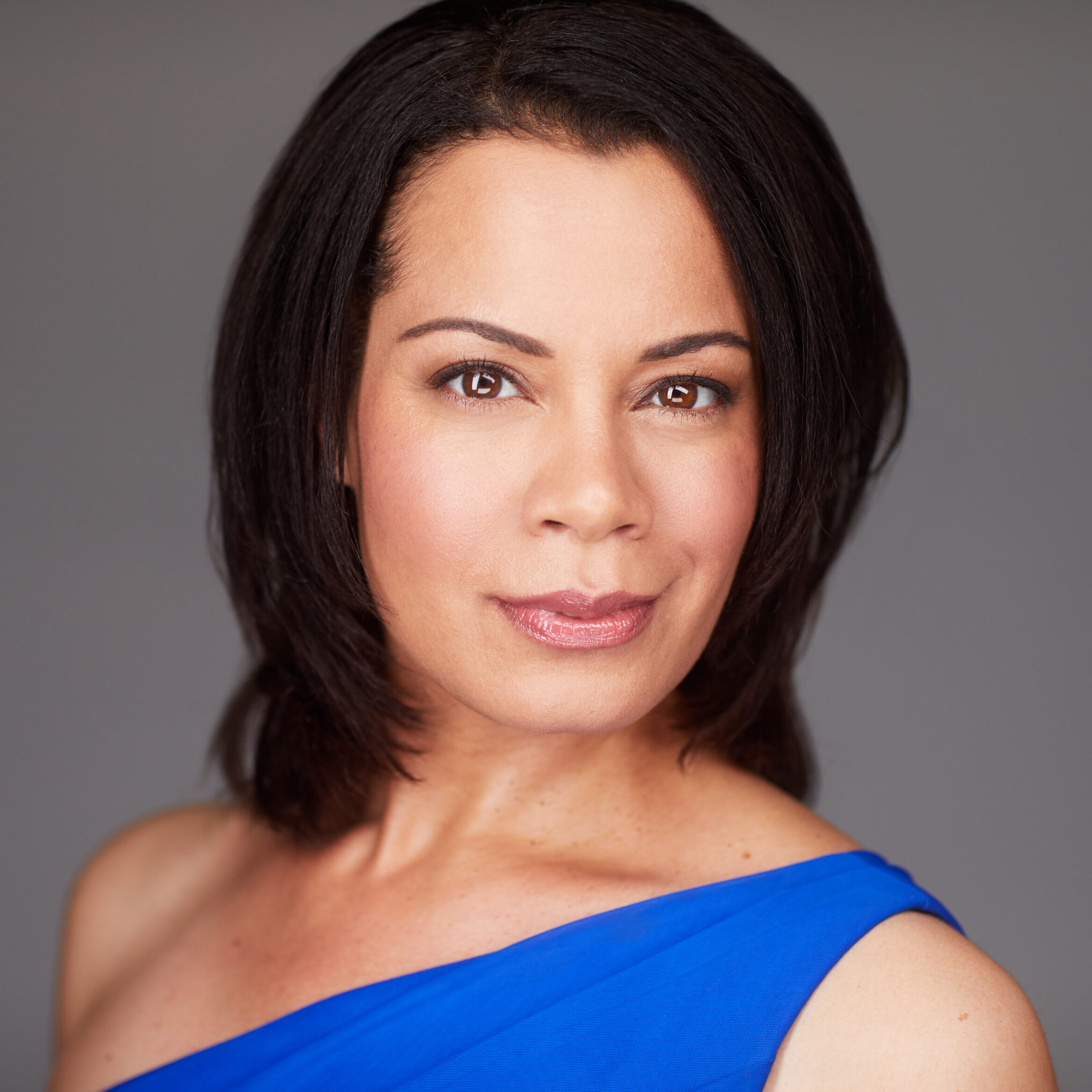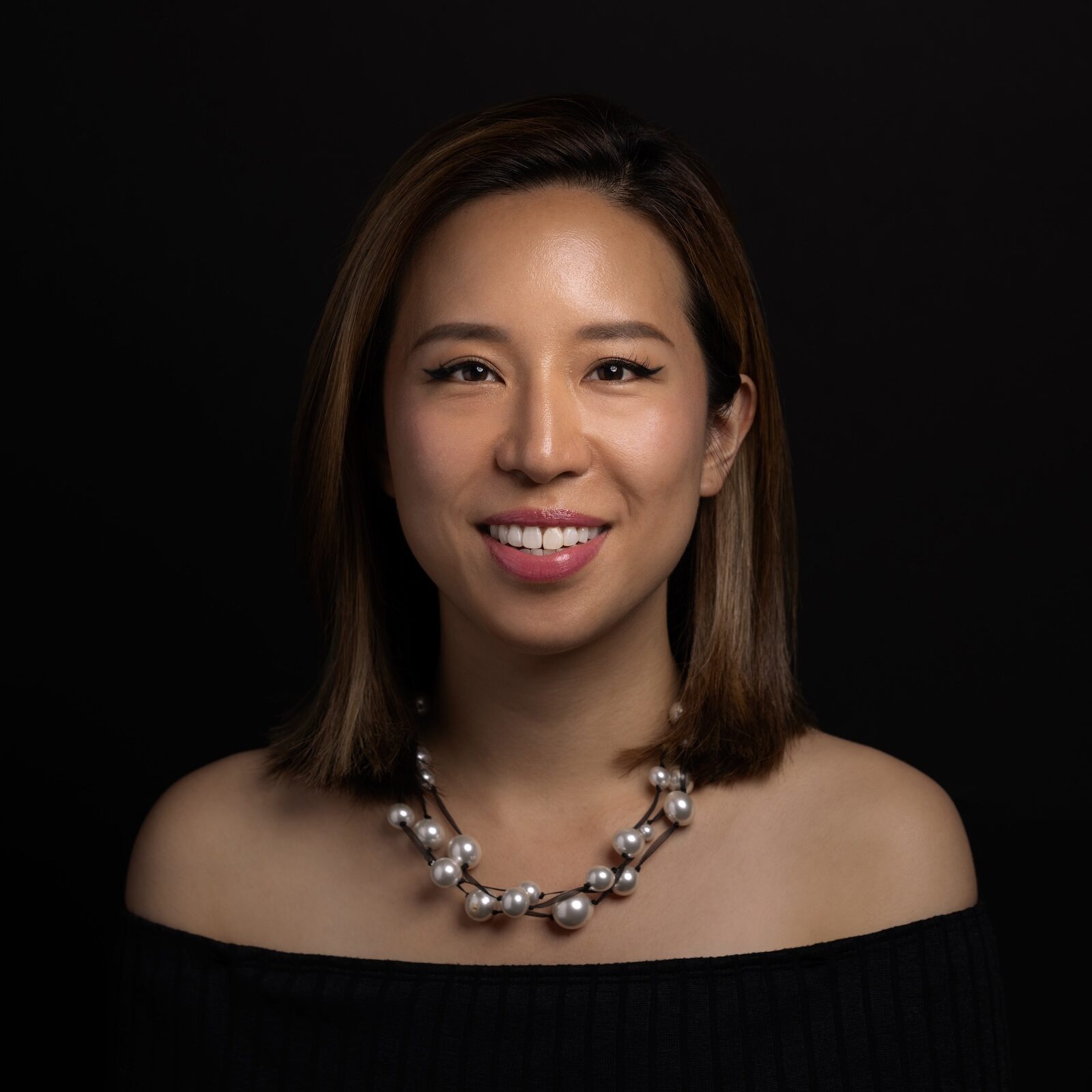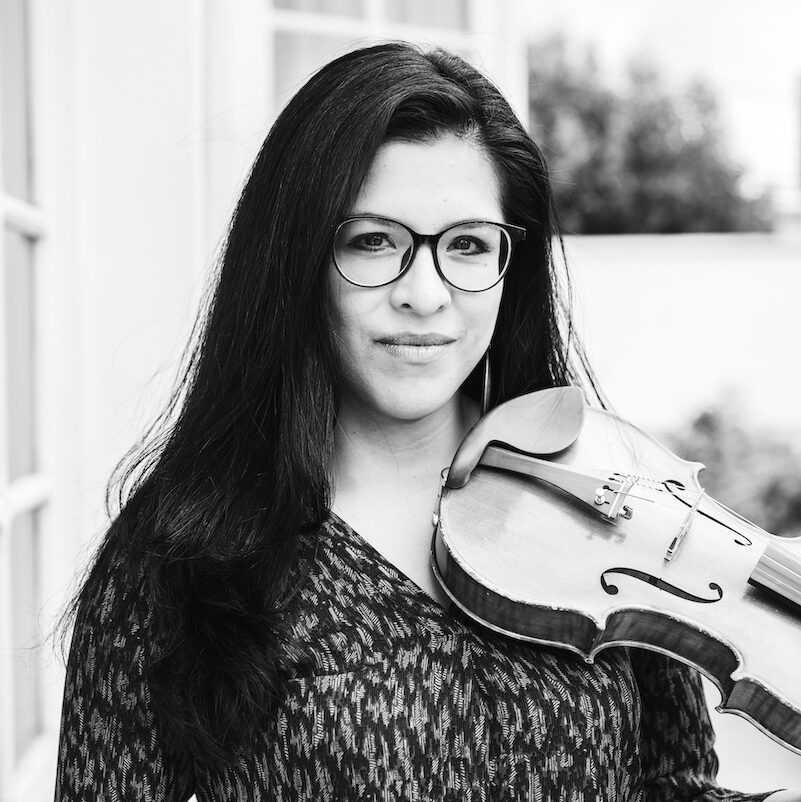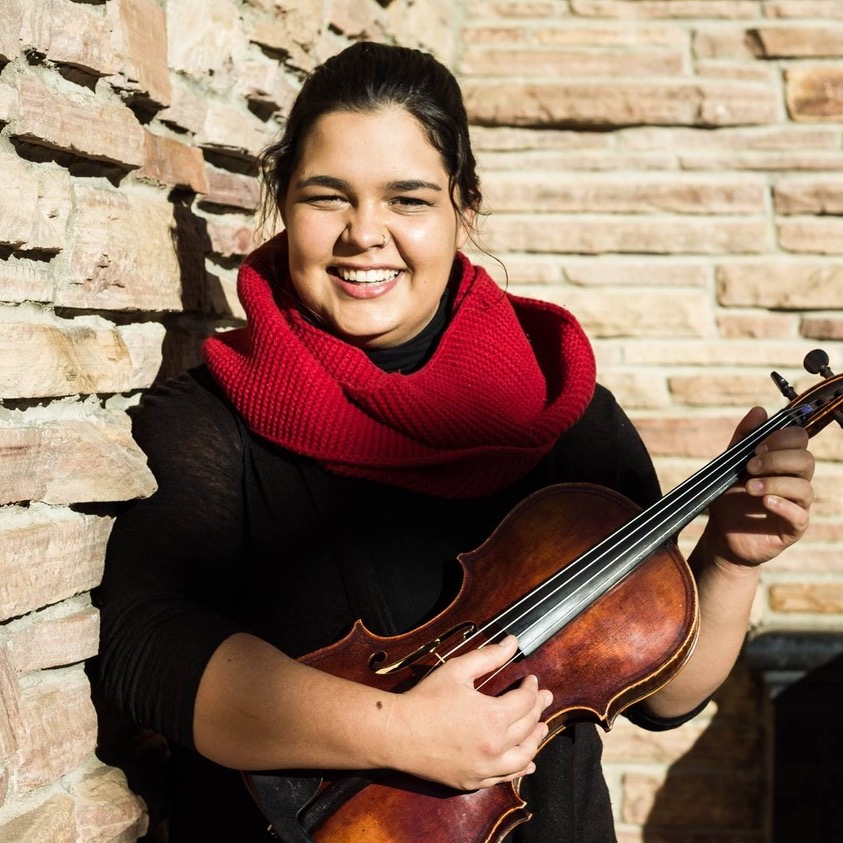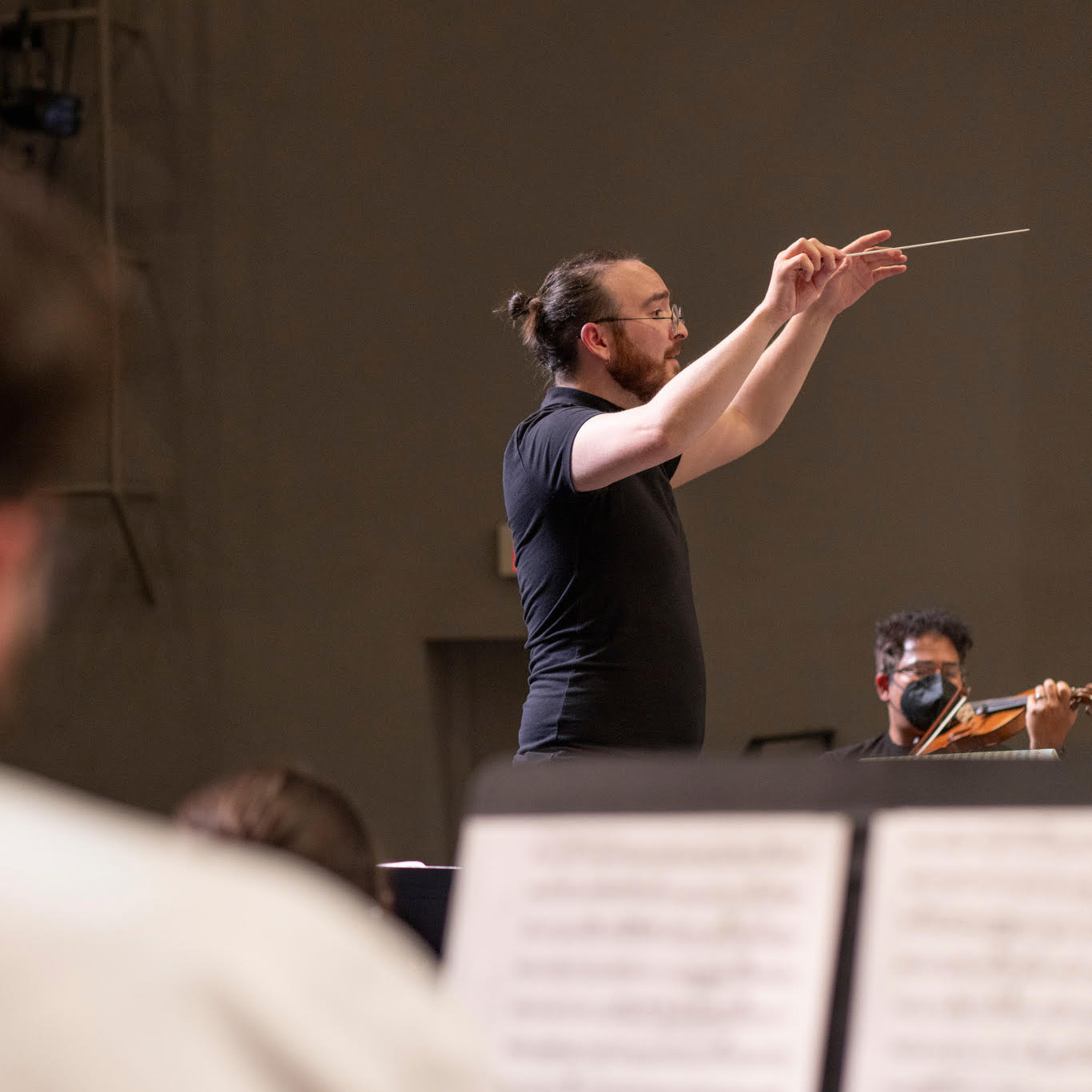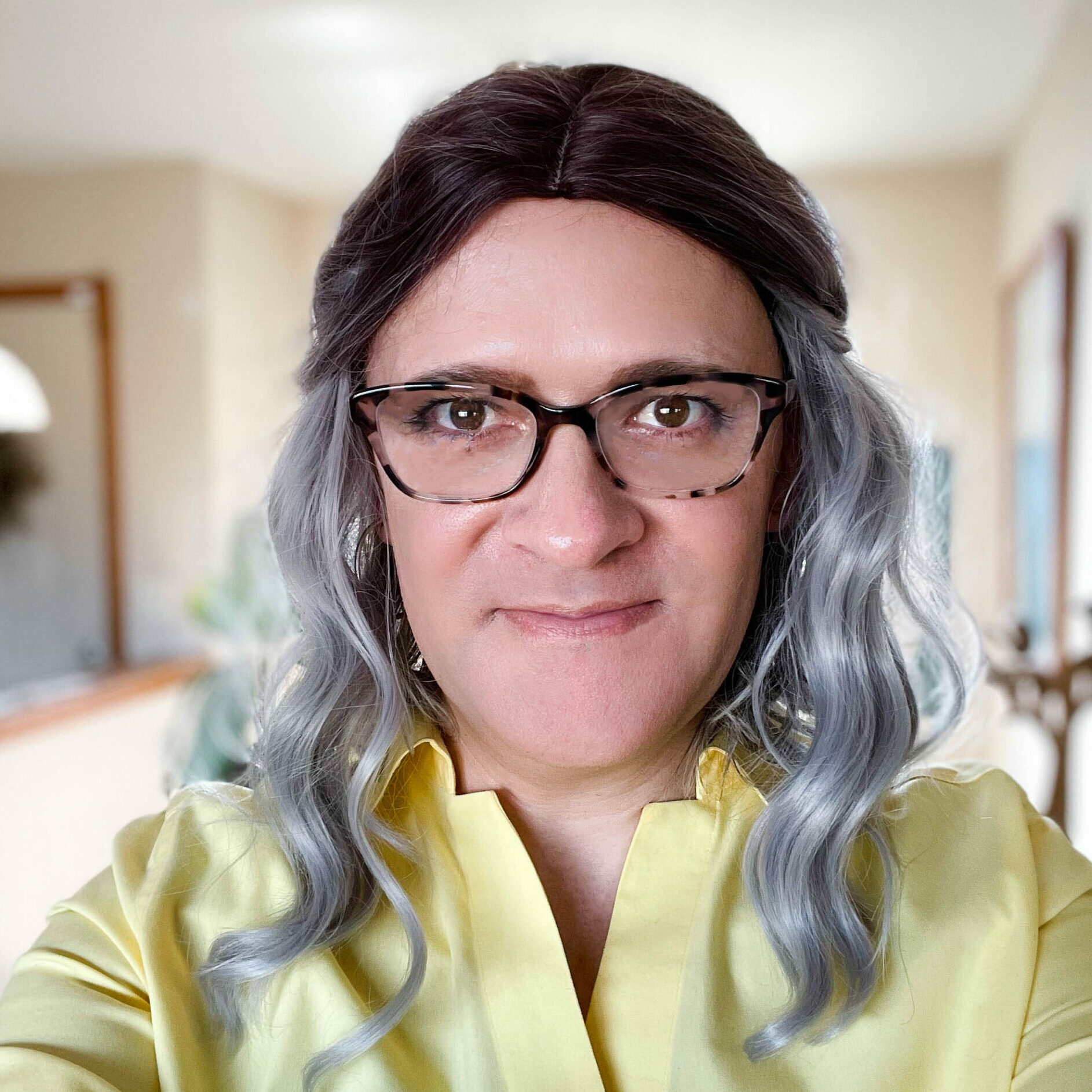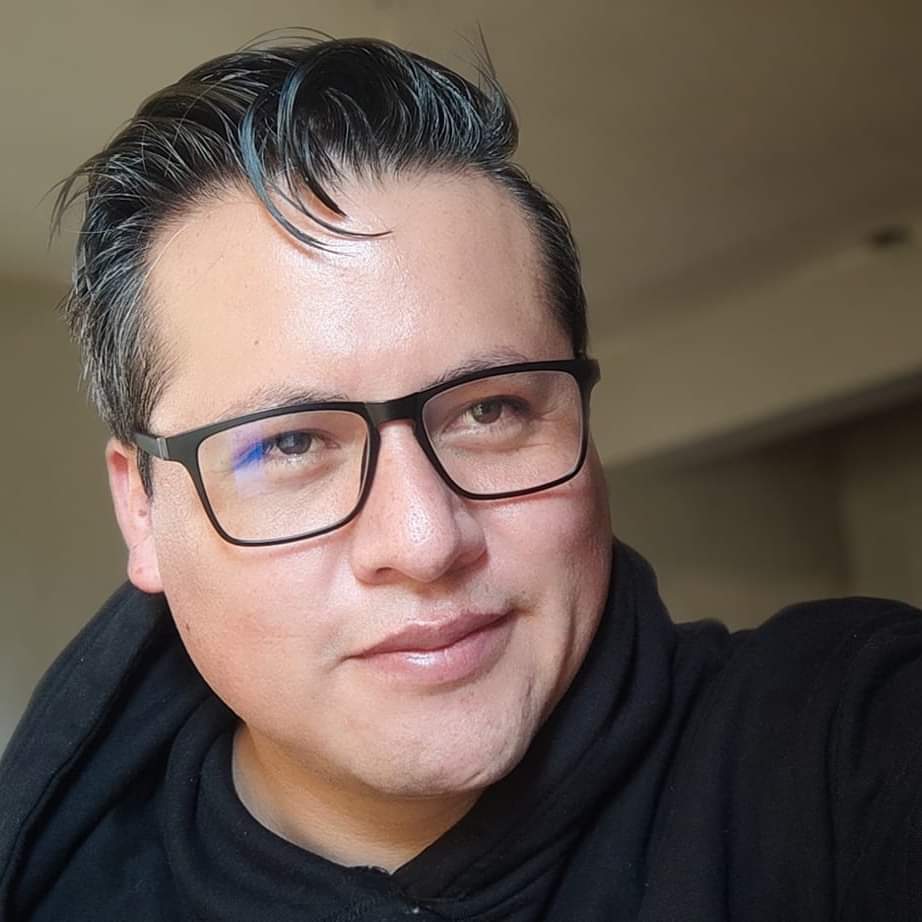Creating a more inclusive early music community
EMA recognizes that:
- Early music programming, curricula, and research are mainly Euro-centric, thereby excluding and discouraging some potential participants in the early music field.
- Administrations, ensembles, and audiences fall short in representing the diverse demographics of The Americas.
- Due to historical and systemic inequities, access to early music is not readily available to everyone.
IDEA Task Force Mission
The IDEA Task Force promotes EMA’s values of diversity and inclusion by advising EMA in its planning and implementation of strategic initiatives so that the early music field can begin to represent and embrace the many different communities of the Americas.
Please Contact EMA with suggestions, comments, and/or recommendations for our work in this area.
2025-2026 IDEA Task Force Members
Thomas Carroll
Wei En Chan, co-chair
Karin Cuéllar Rendón
Gus Denhard, co-chair
Keats Dieffenbach
José Miguel Huamaní
Yunyi Ji
Michele Kennedy
Jeannette Lee
Liz Vivian Loayza Herrera
Breana McCullough
Nicky Manlove, secretary
Anna Porcaro
Eduardo Quintela
IDEA Task Force Guidelines
- The task force will comprise no more than 13 members.
- Task force members will be committed to the mission of the task force.
- Task force members will serve a 3-year term. At the end of their term, members have the option of renewing for a consecutive 3-year term.
- After the consecutive term is served, members may choose to serve 1 bonus year after which they will have to rotate-off the task force.
- After rotating-off of the task force for 1 year, former members may re-apply for task force membership.
- The full task force shall meet four times a year. Task force members are expected to participate in three out of the four full task force meetings during the year in fulfillment of their responsibilities.
- Task force members are invited and encouraged to attend EMA Board meetings (in-person or via Zoom), as non-voting participants; to participate in EMA Board training programs; and to actively participate on Board committees as full members of the following:
- Development
- Governance
- Awards & Scholarships
- Programs
- Finance
- Publications
- *Members of the EMA Board, other Board committees, and EPLC may attend IDEA task force meetings as non-voting members.
- Task force members are expected to review meeting agendas and notes in preparation for task force meetings, and especially if a past meeting was missed.
- Task force members are expected to maintain confidentiality about issues discussed in task force meetings.
- New and returning task force members and chairpersons will be selected by the IDEA Task Force application review committee, composed of the EMA Executive Director, EMA Board President, the continuing co-chair(s) of the task force, and the secretary of the task force.
- Applications will require an expression of interest to join the task force.
- Chosen applicants will be contacted by the application review committee about their potential serving on the task force, and then extended an invitation to start their term if selected. All persons are eligible to apply.
EMA Membership is not required at the time of application, however, task force members are offered a free EMA membership for the duration of their tenure on the committee, and are required to maintain an active EMA membership.
Resources
- Resources for Diversity in Early Music Repertoire
- Awake to Woke to Work: Building a Race Equity Culture
- Indictus: giving voice to overlooked and under-represented classical music
- Inclusive Early Music
- “Solutions for Change: Anti-Racism in Early Music” by Vijay Chalasani
- Expanding the Music Theory Canon resource by Paula Maust
- Black Voices Matter: A Pledge of Anti-Racism in Choral Practice
- BIPOC Arts – database of BIPOC opera professionals
- NIMAN – National Instrumentalist Mentoring + Advancement Network
If you know of a resource or article that you believe belongs on this page, please contact EMA with your suggestion.
Related webinar recordings and performance videos can be found on the EMA Video Resources page.

